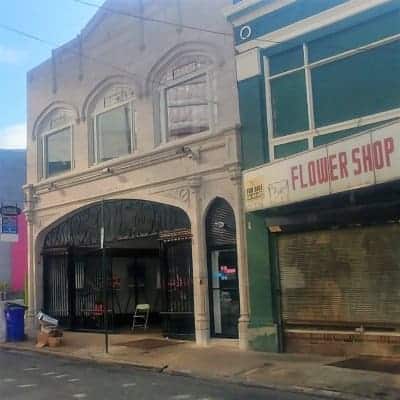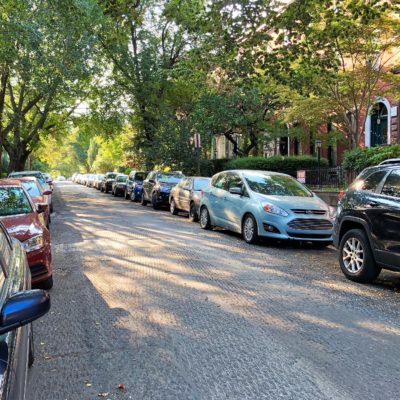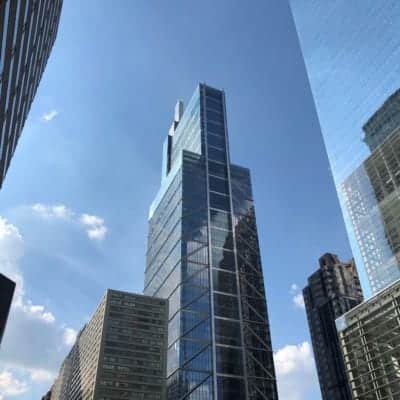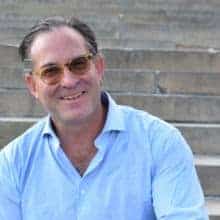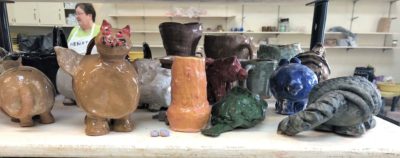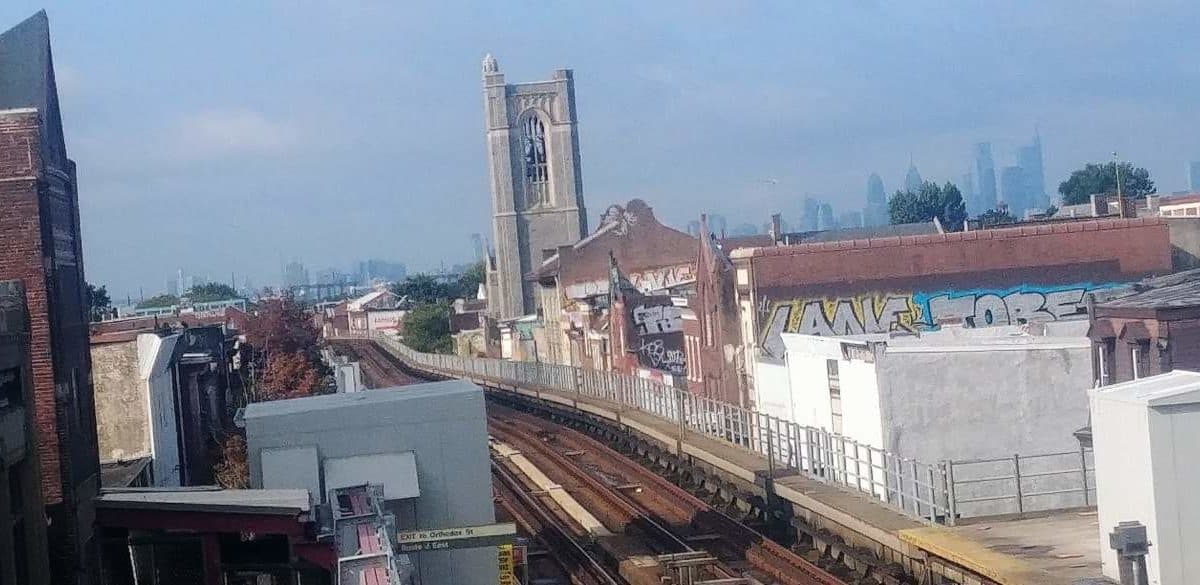
Why is Mebane going to Seattle? In her role as president of the national Governmental Research Association, she is highlighting the work of GRA leaders and the changing roles of think tanks in the 21st century. The Economy League of Greater Philadelphia, a member of the GRA, is taking 150 leaders to Seattle for a leadership exchange. Mebane will be telling the story of the experience, and she will also be researching this model of leadership development + civic innovation for rural areas to tackle public problems and drive economic prosperity. Follow Mebane on Twitter at @Mebane_Rash to experience the trip in real time.
This week 150 leaders from Philadelphia are visiting Seattle, and a think tank, the Economy League of Greater Philadelphia, is leading the way. In the 21st century, policy change doesn’t happen without engaged citizens, and it increasingly happens on the local level.
Think tanks are moving away from long reports with too many footnotes. The work of think-and-do tanks in the 21st century looks instead like surfacing public problems in real time and then providing trusted, independent research to everyone from people to philanthropists to policymakers on the most important issues facing our neighborhoods and our communities, our cities and our states.
The Economy League takes it one step further by providing leadership development to a diverse group of leaders — our meaning makers and our wayfinders — and connecting them to civic innovation opportunities to drive equitable and inclusive regional growth.
Creating these types of think spaces and think opportunities for our civic leaders, says Russ Starke, CEO of Philadelphia’s Think Company, is “really about allowing ourselves the physical and mental space to be more objective, strategic, and visionary.”
Around the country, we lionize cities like Seattle. “When I first visited Seattle last year, it reminded me of Hong Kong, not so much in the climate, culture, or geography, but because there are so many cranes,” says John Touey of Philly’s Salveson Stetson Group. The amount of development going on in and around Seattle is simply astounding.
What happens to neighborhoods when a tech giant creates thousands of jobs almost overnight? Seattle knows. What happens when rapidly rising costs of living make it hard for working people to afford housing? Seattle knows. What happens when workforce and population growth stretch existing transportation infrastructure beyond capacity? Seattle knows.
This week, we’ll be learning how Seattle works, moves, lives, and thrives, and we will be sharing those lessons learned with cities and states across our nation. We will study workforce development, diversity and inclusion, the economic role of arts and culture, and managing mobility and growth from South Lake Union to the Seattle-Tacoma Airport.
In their book Equity, Growth, and Community, Chris Benner and Manuel Pastor find that “communities — ones that are diverse in their membership and sources of knowledge, and dynamic in their ability to withstand shocks, continuously learn, and adjust over time — can actually help construct and sustain regional social norms that facilitate the achievement of growth, resilience, and inclusion. In short, our ability to grow together may be fundamentally rooted in our ability to know together.”
Shalimar Thomas, executive director of Philadelphia’s North Broad Renaissance says the “strategic placemaking” she learns in Seattle will help her find ways to provide sustainable employment to underserved communities back home in Philly. Thomas will identify best practices in Seattle to address local health disparities, K-12 arts programming, and diversification of the tech sector.
“I believe that when system leaders work together, our potential is not only maximized, it is limitless,” says Stephanie Gambone, the executive vice president of the Philadelphia Youth Network.
Her hope and aspiration is more important now than ever because people have so little faith in the opportunity for real change.
Arun Prabhakaran, chief of staff in the Philadelphia District Attorney’s office, offers five questions to test whether we are actually creating momentum for real change:
Have we tested our assumptions about the nature of our problems?
Are we creating learning environments that are safe and challenging in our organizations and communities?
Are we building relationships that breed trust and collaboration?
Are we examining problems from a range of diverse and inclusive perspectives?
Are we using empirical data and creativity to cultivate and drive innovation?
This is why think-and-do tanks across the country, like the N.C. Center for Public Policy Research and the Economy League of Greater Philadelphia, matter. This is why we are headed to Seattle. Our work creates awareness about the public problems in people’s lives, provides actionable intelligence to civic leaders and policymakers, reorients the focus towards the solutions, and paves the way for real change in a way that builds momentum for a better tomorrow for all who call our cities and our states home.
Thank you for hosting us, Seattle.

